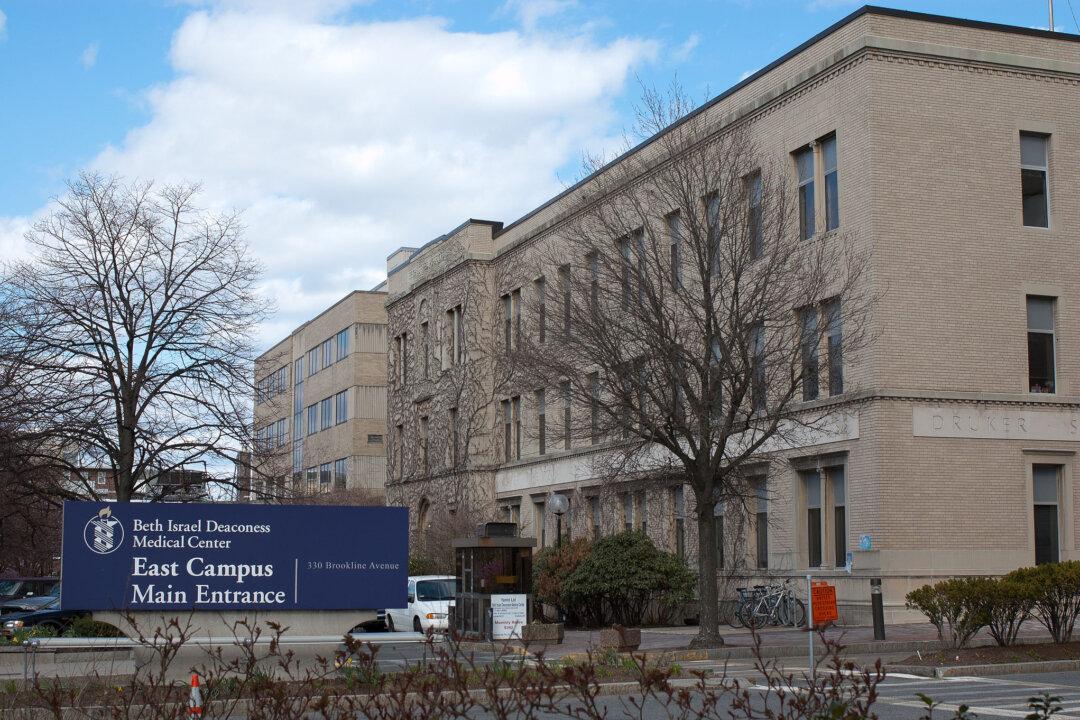A Chinese researcher was arrested in Boston on suspicion of stealing vials of biological samples, according to court documents unsealed on Dec. 19.
Customs officials stopped Zheng Zaosong for questioning at Boston Logan International Airport on Dec. 9, upon flagging him as “a high risk for possibly exporting undeclared biological material,” a Federal Bureau of Investigation (FBI) agent said in an affidavit filed with the Massachusetts district court on Dec. 12.





